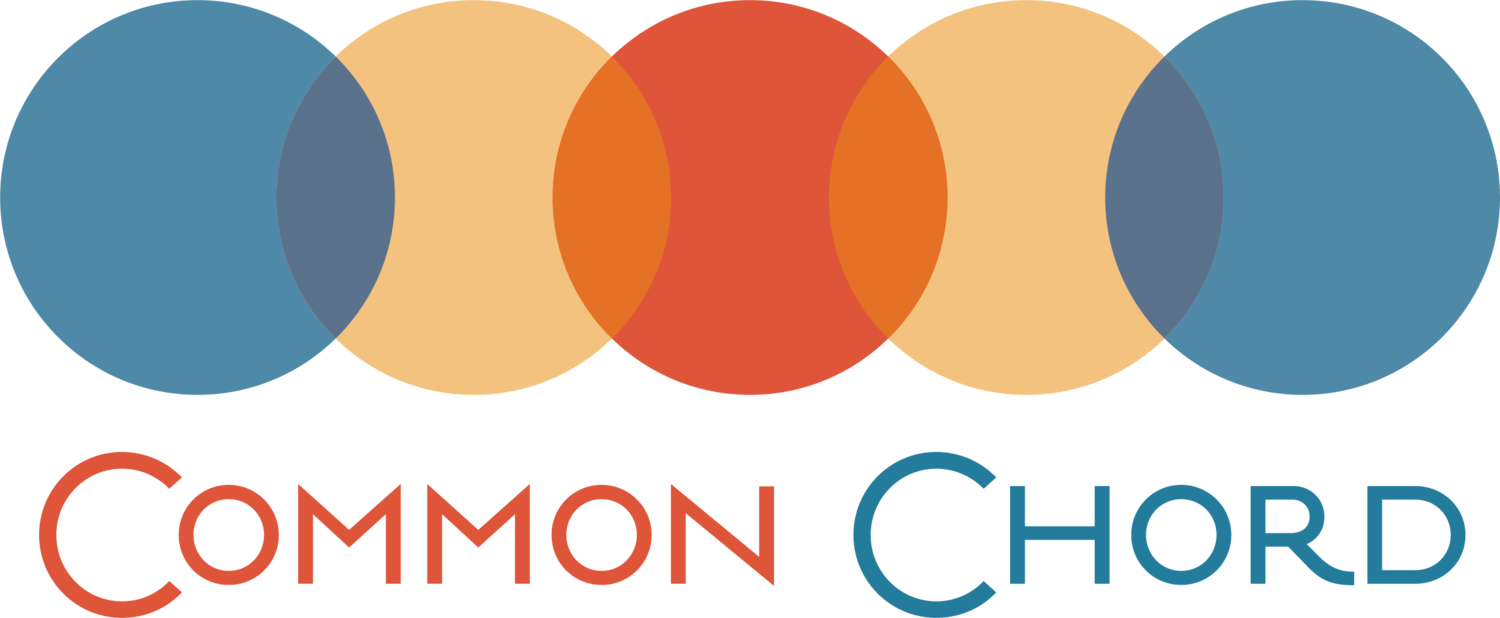EP19: The Brain Behavior Connection
All behavior comes from the brain. I used to think that was reductionist. But in this episode we talk about trauma, attachment loss, the brain and the connection between these things and behavior. If we don't understand trauma and brain science, many children and parents experience blame, shame and failure. In reality, many trauma responses and challenging behaviors are a sign of growth.
Superheroes are born from adversity. Villain stories are often similar, but with no safety provided along the way. The more we understand our brains and our children's brains, the more we can help them to grow into the super humans they are capable of becoming.This week, Dr. Laura Anderson brings on Jessica Sinarski, LPCMH to share tips for parents to use to help both themselves and their children work through the hard stuff. You have to believe there is hope in this approach to try it, and you have to try this approach to believe it.
Jessica's superpower is making brain science accessible and entertaining for children and adults alike. She is living this out as a licensed mental health counselor & supervisor, bilingual author, and dynamic presenter. Since she loathes the dry, adult language found in many “therapy books,” she crafted the RILEY THE BRAVE series to be books that children and parents can’t wait to read and re-read.
What You Will Learn:
Why it is important to BOTH Celebrate the courage of survival AND celebrate learning to trust
Why it is important to understand the upstairs downstairs brain, and tips for staying regulated so you can build a staircase between the two sections
How we can help parents wrap their minds around why brain science matters, and how to our kids about it.
Key concepts for parents to help their children stay regulated
Resources:



